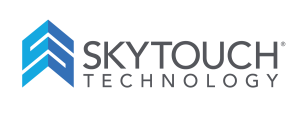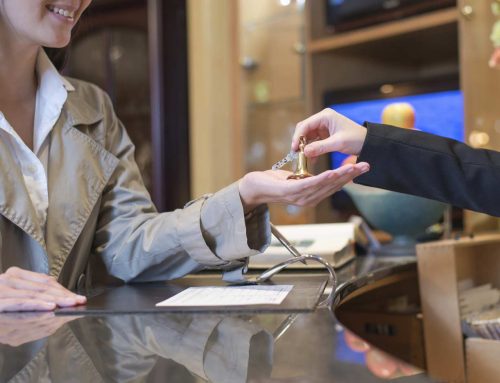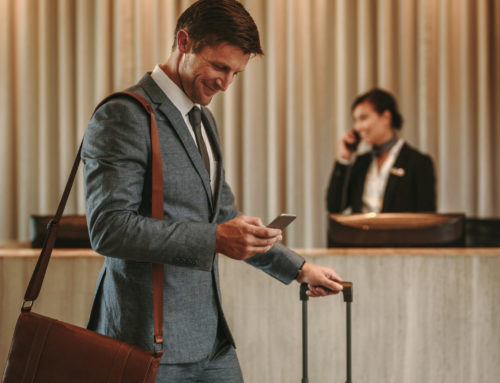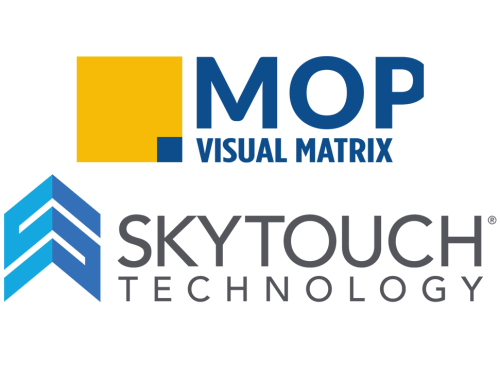Being in a business actually called hospitality, you are likely to feel that you are already very good at listening to your guests. But do you truly hear what they are saying? With front desks buzzing from reservations, phones ringing, check-ins, and chatter, what your customers are really asking for, what they really need may be getting lost in the background noise. Not surprisingly, many major hotel businesses have come to realize the importance of practicing what is called “active listening.” And in this quest for better guest communication, many hoteliers have found a silent yet powerful partner in some of today’s better hotel property management systems (PMS). This is because today’s PMS software is often well-equipped for communication via mobile guest engagement, staff mobility, and valuable guest data, all ultimately lending themselves to improved guest experiences.
Keeping Your Ear to the Front Door
According to the University of Pittsburgh’s Institute for Clinical Research Education, there are several steps to true active listening. The first three—maintain eye contact, avoid distractions, and stop all other activities—may seem obvious. But if you are fixed behind the front desk of a busy hotel, which is often the first point of contact for guests, it may be hard to accomplish any of these. Phones are ringing, check-ins need to be done, and your guests are waiting.
Now imagine, instead, guests walking into your hotel and stopping at the front desk not to check-in and pick out a room, but just to happily chat about their trip, get their keys, and go. No longer imaginary, this is being done today with mobile guest engagement interfaces that work in concert with the hotel’s property management software. Through such a program, guests check-in electronically and may even select a room of their own choosing via images of actual available rooms and their physical location within the hotel. Hotels may benefit since this type of mobility not only caters to what today’s guests want electronically, but as preferences, market behaviors, and social media habits are learned by hoteliers through such an interface, it serves to provide a clearer picture of what matters to each guest.
Physical Mobility is Listening Mobility
Another way your PMS software can help you hear your guests is through physical mobility. Every single person who stays at the hotel (even those who might have done electronic check-in) most likely visits the front desk at least once during their stay. But, again, as a physical and symbolical social barrier between hotel staff and the guests they welcome, the front desk is often seen as interfering with “being with” and learning about your guests. However, if your PMS system is compatible with a tablet, you can step out from behind the front desk, get rid of the physical barrier between you, and have the freedom to walk, sit, and listen to your guests in a more comfortable, less intimidating area of the hotel. With the mobility tablets offer, your staff can create an inviting atmosphere where they can assist even the most mobile guests with concierge services, area information, and any other type of transactions without requiring often tired guests to stand and wait in line at a front desk.
Hearing Big Data
No one would argue that good customer service requires decent communication between guests and staff. But the excellent level of service requires hoteliers to go above and beyond. Sometimes far beyond. This might mean anything from running personal errands for guests to getting their cars washed. Finding out just what these needs are can be done in person, of course, but it can also be done electronically via an advanced PMS. With the guest profiles now available within most hotel software, hoteliers have access to finer information on guest preferences, raising the bar on customization to new levels. Savvy properties can benefit from this data windfall in a big way. According to Gallup’s 2014 hospitality poll, there’s a strong link between guests’ feelings of well-being and customer engagement. And, also according to the study, this engagement corresponds directly to the amount of money they spend per visit.
The Comfort of Communication
Guest comfort comes in a variety of shapes and forms, and can mean anything from simply a spotless duvet to extra towels to a carefully placed bottle of a favorite wine. By allowing your room staff to stay on the move by accessing the housekeeping function within a mobile-enabled PMS, hotels can view real-time information on important room requests and special guest gifts while they engage in two-way communications with other hotel staff. The staff then gets a quick snapshot of the room needs, and can also relay any new requests directly back to housekeeping, truly listening to what guests want and need and making them happy while keeping your business moving along.
Hotels utilizing mobile housekeeping management can also experience a positive effect when it comes to efficiency. This is because the rate at which housekeeping can turn over rooms is often enhanced. So, rather than wasting time physically knocking on doors (and possibly bothering guests) to get room information, housekeeping gains the advantage of quickly turning over the rooms as they become ready for work. And when rooms are turned around faster, they can be filled faster, adding to guest delight from better room choice and availability, to helping your hotel stay full.
The bottom line? The best way to manage guests is to hear them. Using your PMS to this end can help you do this better, ultimately enhancing their experience and your efficiency, helping to push your customer service and your entire hotel business to a new level of excellence.




